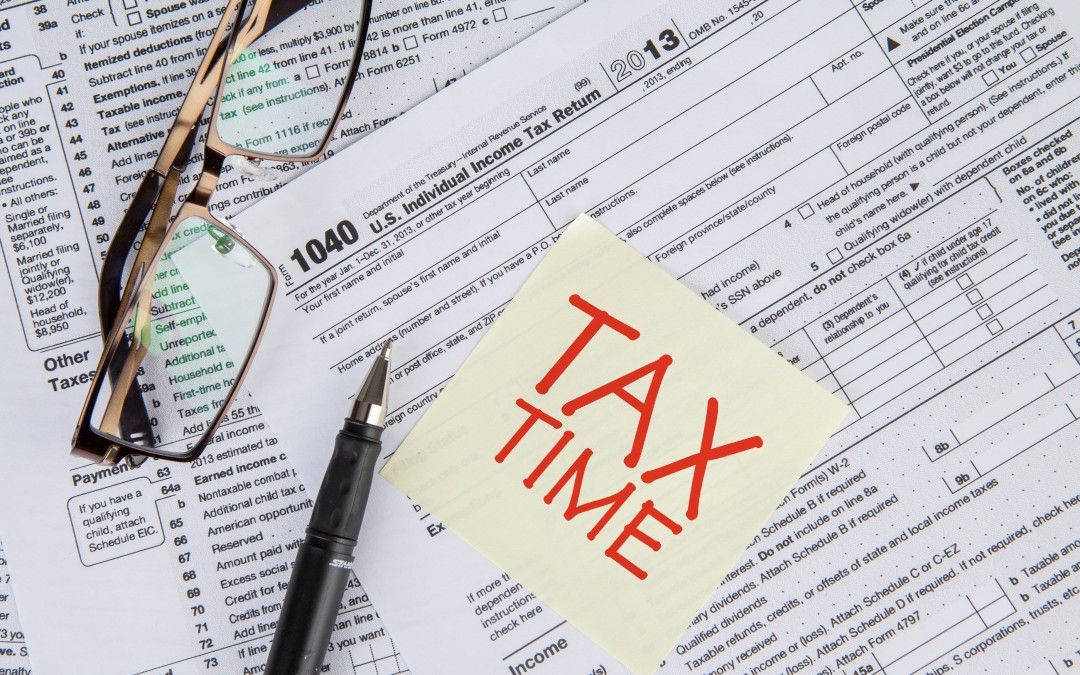Taxpayers Affected by ITIN Change May Need to File for a Renewal Starting October 2016
Recently, Congress passed a law that will impact a number of individuals who have an Individual Taxpayer Identification Number (ITIN). The reason for these changes is the Protecting Americans from Tax Hikes (PATH) Act enacted by Congress in December 2015. The full extent of the new provisions and changes required by the law is set forth in IRS Notice 2016-48.
This document is rather exhaustive as it sets forth all the details and particulars required by the new law. However, in the interests of helping expats and other U.S. taxpayers understand the nature and scope of these new requirements. CPA Ted Kleinman hopes that this post will help taxpayers understand the requirement and whether they are likely to be affected by it. If so, Ted Kleinman and U.S. Tax Help can assist with achieving tax compliance.
What Is an ITIN?
An ITIN is a nine-digit number that can be used by the IRS for tax processing purposes. ITINs are used only for federal tax purposes. ITINs are commonly applied for and held by individuals who do not have Social Security numbers due to being a recent immigrant, a nonresident with work authorization, or other scenarios where an ITIN is needed. AN individual can apply for an ITIN by submitting Form W-7. While the process used to apply for a ITIN will not change, certain taxpayers may be required to renew their ITIN.

Who Has to Renew an ITIN?
There are two main scenarios where a taxpayer will be required to file for a new ITIN. The first scenario involves taxpayers who have applied for an ITIN in the past but has not yet used the ITIN. That is, the taxpayer applied for an ITIN but has not used the supplied number on a federal income tax return for the last three years covering the 2013, 2014, and 2015 tax years. Taxpayers who fall into these circumstances must file for a renewed ITIN. Taxpayers will be able to file for the renewed ITIN starting October 1, 2016.
The second scenario where taxpayers will be affected by the changes to the law involves situations where an ITIN is expiring. ITINs that were applied for and issued prior to 2013 will begin to expire this year requiring taxpayers to take action and renew their ITIN. ITINs that are scheduled to expire the soonest can be identified by middle digits of ‘78’ or ’79.’ These and other affected ITINs can be renewed starting on October 1, 2016. Affected individuals should receive a reminder notice from the IRS starting in August 2016.
How Does a Taxpayer Renew Their ITIN?
Starting October 1st, taxpayers required to renew their ITIN must engage in a process where they must submit their completed Form W-7. The taxpayer may submit this form by mail, provided it to one of the IRS’s authorized Certified Acceptance Agents or Acceptance Agents, or arrange to meet at one of the IRS’s Taxpayer Assistance Centers. However, all applicants must be accompanied by sufficient documentation.

It is also essential to note that these changes will also affect individuals holding passports that do not list a date of entry into the United States. These individuals will no longer be permitted to use their passport as a form of stand-alone identification. Individuals with Mexican or Canadian passports and dependents of military service members are exempt from this requirement. However, affected individuals will be required to submit additional proof of their identity. Individuals may present U.S. medical records for dependents under age six or U.S. school records for dependents under age 18, along with the passport. Dependents aged 18 and over can provide a rental, a bank statement, or a utility bill listing the applicant’s name and U.S. address, along with their passport.
Need Help with Renewing an ITIN or International Tax Obligations?
If you are affected by the changes to the ITIN law, Ted Kleinman of U.S. Tax Help can assist you. Likewise, if you have other questions regarding your U.S. or international tax obligations, Ted can help. To schedule a confidential initial consultation call the firm at (541) 923-0903 or contact us online today.

